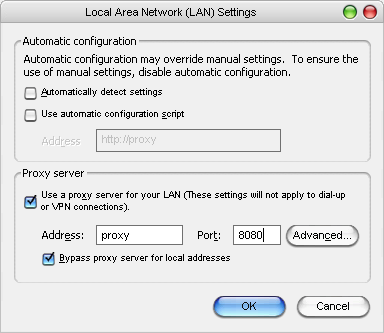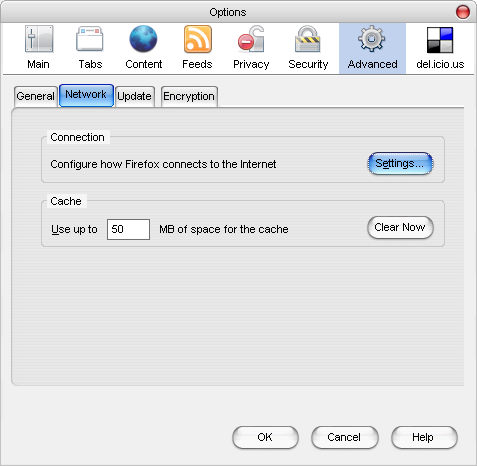

The best-case scenario for free proxies is using them to harvest data with a software application like ScrapeBox. You can do a decent job of scouring free lists for anonymous proxies from good countries (don’t use the proxies from China, for instance), and they will work for you. You’re thinking to yourself, “ Great! This is exactly what I wanted.” It is, but the only sort of. The IPs and ports are right there you can copy and paste them into your browser’s proxy settings and voila, your IP is hidden. All of these are excellent measures for determining if it’s a proxy you want to use. Both are updated frequently and have helpful sorting tools, like what country the proxy is in, how responsive it is, and how anonymous it is.

Two of the most common are HideMyName’ free proxy list, and Free Proxy Lists’ (they got their SEO right). These can typically be found by simply typing “ Free proxy lists” into Google. When you seek out free proxies, you are essentially looking around the internet for someone who is hosting a proxy at no cost to you. That’s a lot of information for a person or company to have, and in many ways is the reason you got the proxy in the first place - to hide all that stuff. The proxy, and the person who owns or controls the proxy, has access to your original IP address, the requests you’re making, and all the information you type in. With a basic understanding of the technology, it’s key to think about the proxy as the middle man who is receiving requests from you and passing them along. That, in a nutshell, is how proxies work.įree Proxies: The Good, the Bad, and the Ugly The proxy is a bouncer that keeps your identity hidden, while you still get all the information you were looking for.

A proxy sits in the middle, it receives your request to the world. It connects to the internet, making a request to the world. This works in a couple of different ways depending on the method of a proxy, but you can visualize it best with a simple diagram. box so that your actual address is not easily accessible, a proxy is a buffer between the internet and your IP address. When you browse the internet, every single website you visit registers that IP address - in short, anyone can see what your address is, they just have to look.Ī lot of people don’t like this sort of exposure. You can check your IP address easily online at sites like WhatIsMyIPAddress. It lets everyone know where you are on an internet map. This is a locational number, just like a physical address. This point of internet access, the literal cable running to your house, is assigned an IP address. You hook up to the internet via an ethernet cable or WiFi and in a matter of seconds, you’re surfing the web. This ISP comes to your house and installs internet, providing you with a modem and router. When you have a computer and pay for internet access, you send your bills to an Internet Service Provider (ISP), like Comcast or AT&T in the U.S. If you’re legitimately considering which of these two proxies is better, you’re going to want to understand the basics of the technology. They’re not just better, but leaps and bounds better. Better for anonymity, and better for everything else.

The reality is that, in your heart of hearts (or your brain of brains), you know that paid proxies are better. That’s what proxies are synonymous with, and what you should care about most. However, the room that you stand in at the very beginning, the one with all the doors leading out, is based on anonymity. These paths get complicated, dark, illegal, eye-opening, and completely drenched in the technical makeup of our modern world. Proxies can protect us from those negative things, while also opening up hundreds of doors that lead down very different paths. This is a huge benefit for pretty much everyone, especially those of us who don’t want to be traced by our governments and sold to by the world’s corporations. In the case of proxies, that service is anonymity in online browsing. Instinctually we know that there must be some value in the service to start with, or else people wouldn’t use it at all. Are paid proxies better than free proxies? What do you think? What does your gut tell you? What usually happens when the same general product is available for free, and also at a cost?


 0 kommentar(er)
0 kommentar(er)
